Women-centric public healthcare initiatives abandoned by Congress govt in Telangana
Thu 02 Jan 2025, 00:48:27
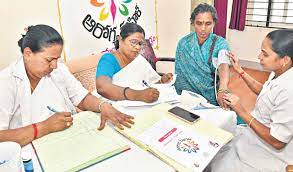
The lack of support for public health initiatives, those aimed specifically at women’s health, by the Congress government in Telangana is threatening to significantly impact women’s health.
Almost all major initiatives, including the once-in-a-week exclusive Arogya Mahila clinics, organised in government hospitals every Tuesday, have been abandoned by the current State government.
“Currently, only the Central government-sponsored healthcare initiatives for women are being implemented in Telangana. There is, however, a need for specific healthcare initiatives that are aimed at early diagnosis of NCDs such as diabetes, hypertension, breast and cervical cancers, thyroid deficiencies and post- and pre-menopausal healthcare support that women desperately need,” senior health officials said.
The Arogya Mahila initiative itself involved conducting over 20 different diagnostic tests for the early detection of ailments. Apart from this initiative, another major women-centric healthcare initiative abandoned by the Congress government in Telangana is the additional supplementation of nutrition for anaemic
women.
women.
While the Congress government claims that all the above-mentioned healthcare services are still available for women, the fact remains that there is no concerted attempt to ensure that all women from weaker sections in Telangana get access to healthcare on a specific day.
“Such a measure is important because a specific day empowers women, who usually struggle with inhibitions. Providing women-centric healthcare facilities with general patients is not a good idea. Such practices discourage women from visiting government hospitals,” public health specialists point out.
Exclusive outpatient clinics were being operated under the Arogya Mahila initiative to conduct eight different kinds of tests that were focused on checking their overall health and later referring them to higher healthcare facilities.
The OP clinics conducted Visual Inspection with Acetic Acid (VIA) for cervical cancer, suspected oral/breast cancer cases and referred them to a higher care facilities (to which they were attached) to undergo mammogram, ultrasound, Colposcopy, Cryotherapy, pap smear/biopsy/Fine Needle Aspiration Cytology (FNAC) to detect tumours.
No Comments For This Post, Be first to write a Comment.
Most viewed from Hyderabad
Most viewed from World
AIMIM News
Latest Urdu News
Most Viewed
May 26, 2020
Can Lionel Messi's visit boost Indian football?
Latest Videos View All
Like Us
Home
About Us
Advertise With Us
All Polls
Epaper Archives
Privacy Policy
Contact Us
Download Etemaad App
© 2025 Etemaad Daily News, All Rights Reserved.



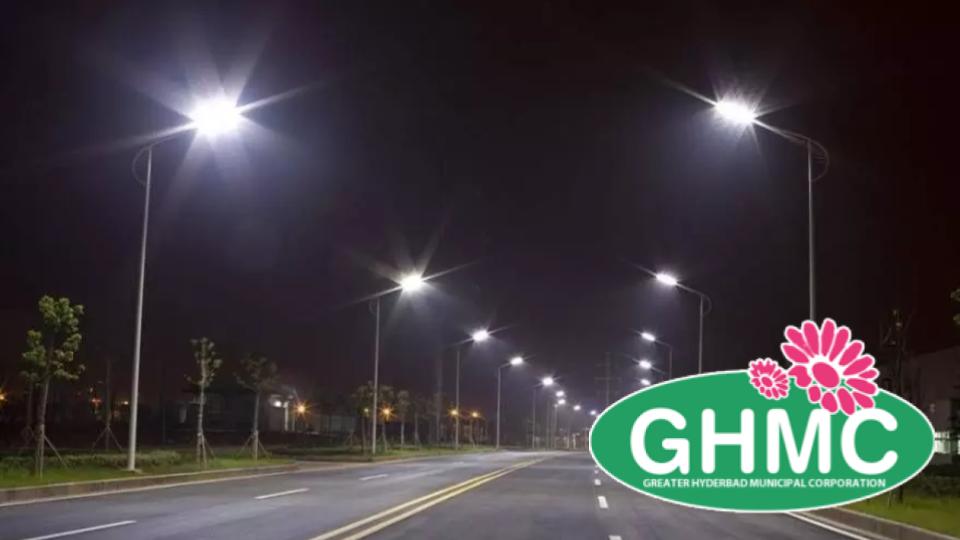





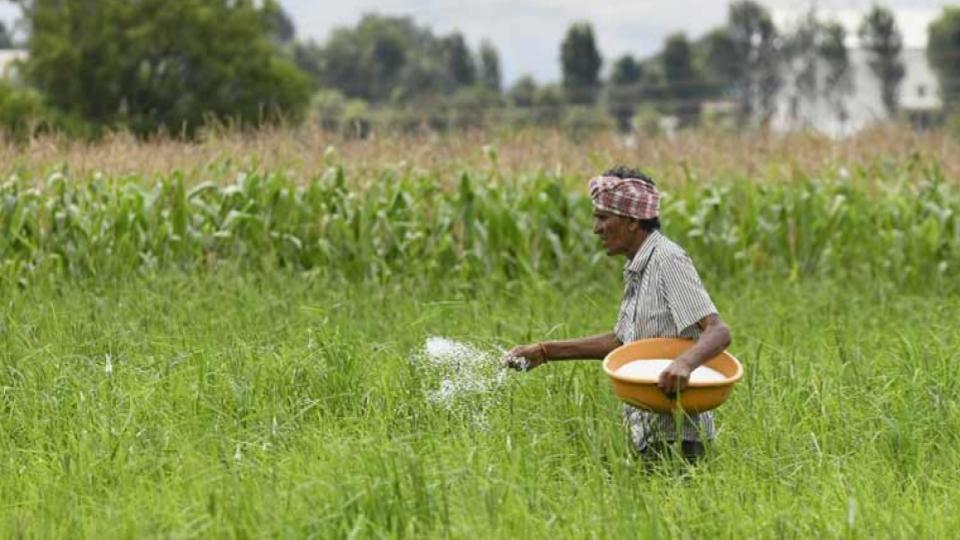
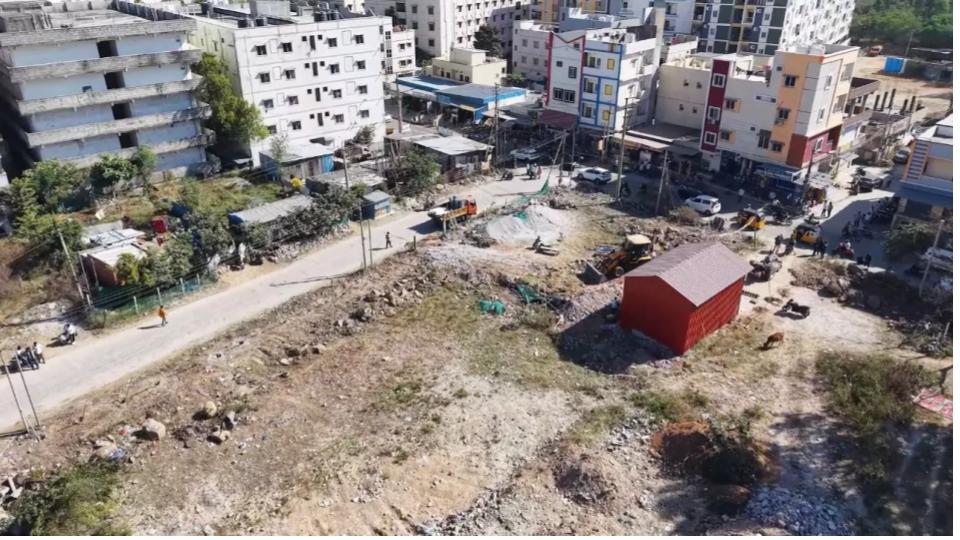

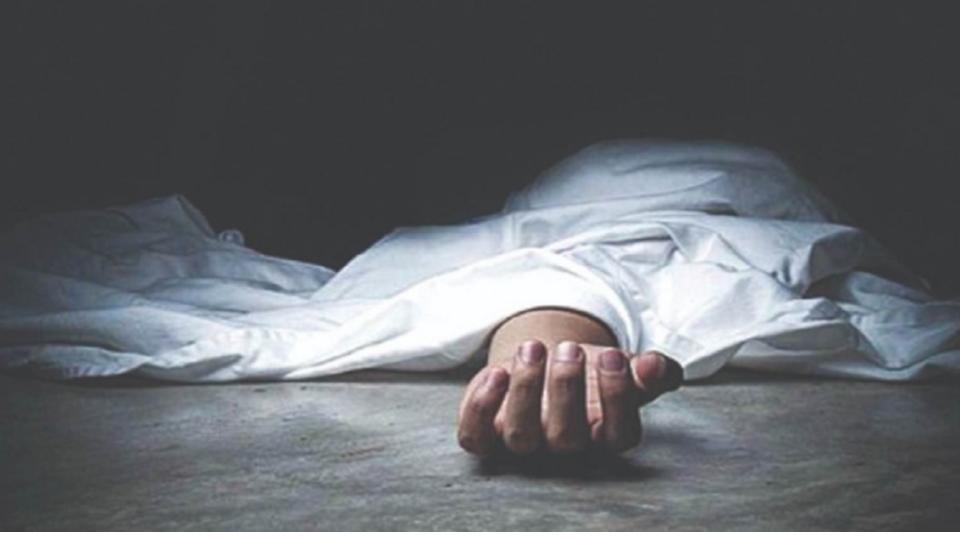
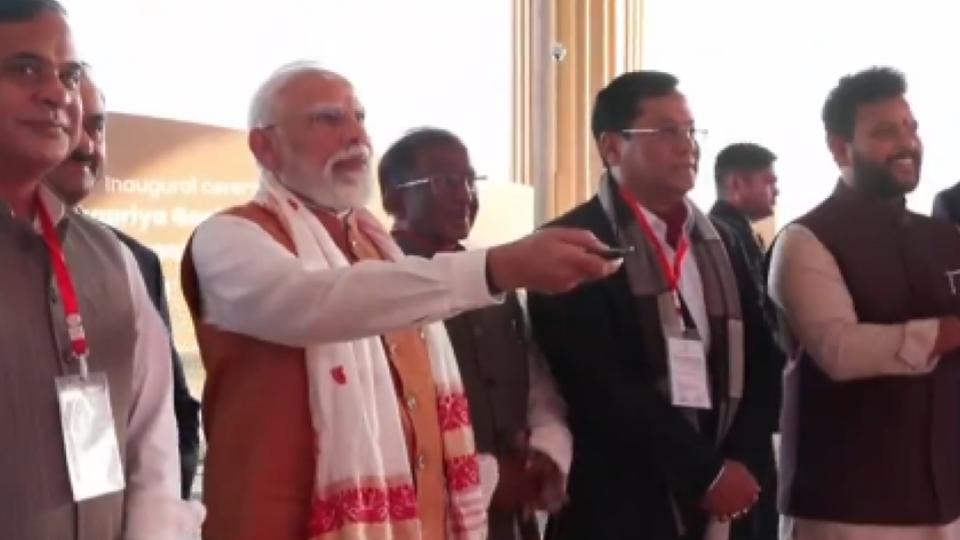
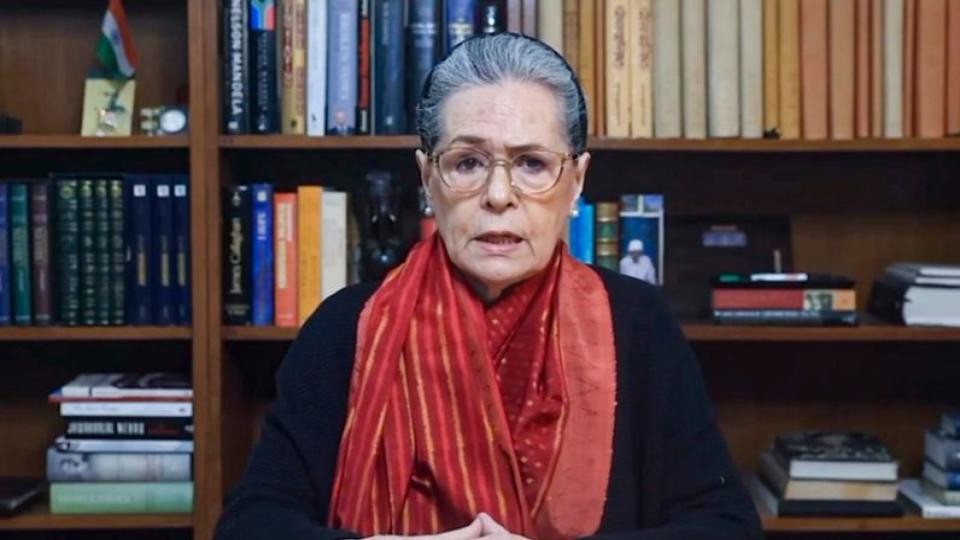

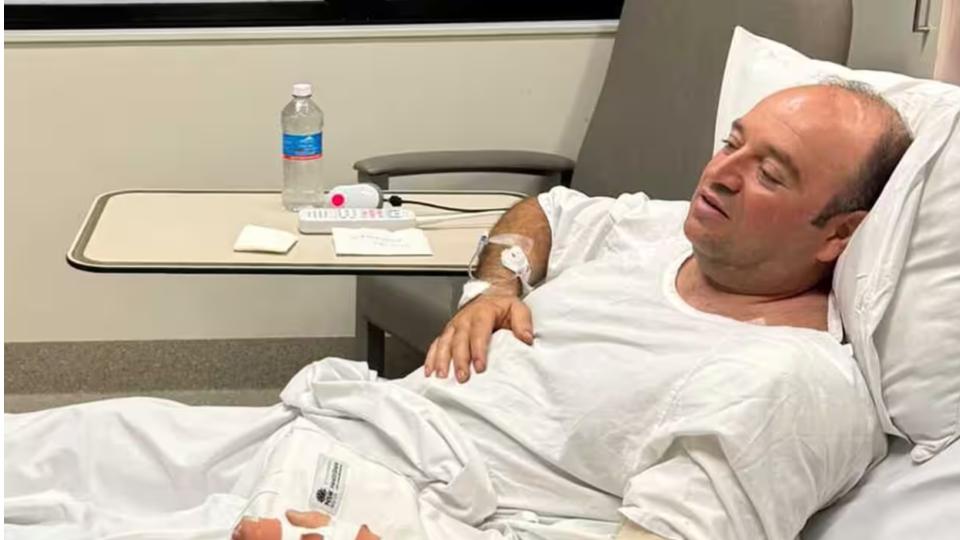






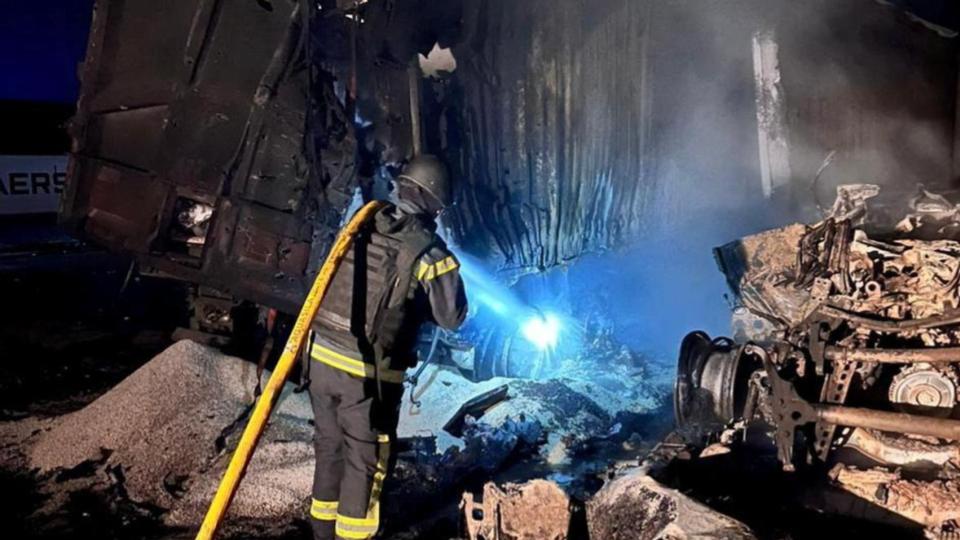


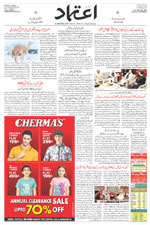










.jpg)
.jpg)
.jpg)


